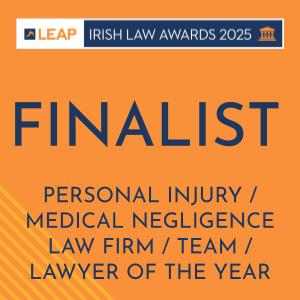If a child has unfortunately suffered from a birth injury and that injury was caused by the negligence in the medical care afforded to the mother and baby, then a case may be brought to receive financial compensation. Birth injuries are often categorised in the legal world as ‘catastrophic’ (life-changing) injuries.
Typical injuries that lead to a birth injury compensation claim are often related to the baby not receiving sufficient oxygen during or just before delivery. A reduction in the supply of oxygen to the brain may cause brain damage or lead to some other form of permanent disability, such as cerebral palsy. This can be caused by inadequate monitoring, failure to diagnose a condition, the mother experiencing complications during the birth or improper handling of the baby once it is born.
Birth injury claims can be brought by a parent of the child, acting as a ‘next friend’ up until the child’s 18th birthday. Thereafter, the individual has two years to bring a birth injury claim in their own right. The person bringing the claim is called the Plaintiff.




